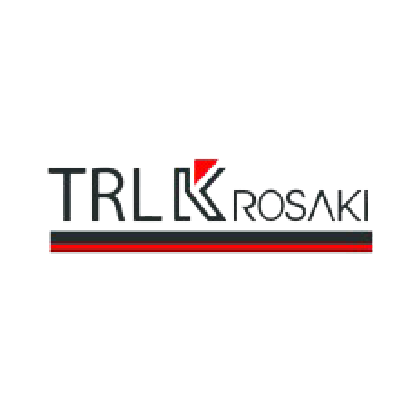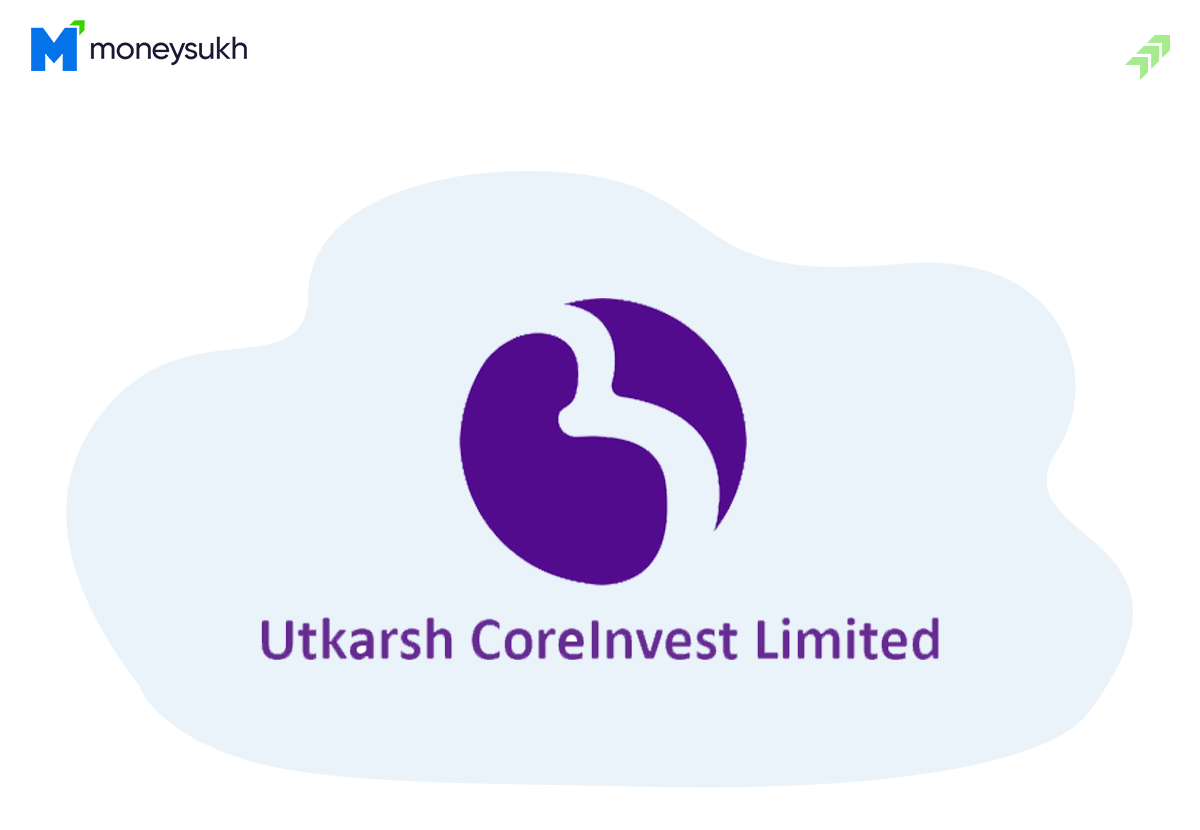How to Buy and Sell Unlisted Shares: A Complete Guide
_1733751681_6756f3818911f.jpg)
9-12-2024
What Are Unlisted Shares?
Unlisted shares are equity shares of companies that have not yet gone public. These can include startups, pre-IPO firms, or private companies with growth potential. While they can offer higher returns, they also carry greater risks and liquidity challenges compared to listed shares.
How to Buy Unlisted Shares
Research the Market
Identify promising companies with strong fundamentals and growth potential.
Look for startups or pre-IPO companies in industries you understand.
Find Reliable Sources
Private Brokers: Brokers specialize in buying and selling unlisted shares.
Employee ESOPs: Acquire shares directly from employees looking to liquidate their stock options.
Online Platforms: Platforms like SN Capital, Stockify, Unlisted Zone, or EquityZen offer trading options for unlisted shares.
Negotiate and Verify Prices
Since prices are unregulated, compare valuations from multiple sources.
Consider the company’s latest performance and peer benchmarks to negotiate a fair price.
Complete the Transaction
Ensure the transaction is documented and shares are transferred to your demat account.
Work with authorized intermediaries to comply with legal requirements.
How to Sell Unlisted Shares
Find Potential Buyers
Contact brokers, wealth management firms, or individuals interested in acquiring unlisted shares.
Use online marketplaces to reach a larger audience.
Assess the Market Value
Determine the selling price based on the company’s latest valuation, market demand, and future prospects.
Execute the Sale
Transfer shares seamlessly via a demat account or through a stock transfer agreement.
Ensure all legal documentation is in place.
What does NOTC stand for?
NOTC can stand for different things depending on the context. Here are a few possible meanings:
Norwegian OTC (Over-the-Counter) Market: A marketplace for trading unlisted securities in Norway. It's popular for trading shares of smaller or early-stage companies.
Naval Operational Training Command: Used in military contexts, particularly related to naval forces.
Notice of Tax Collection: Often used in financial or legal contexts to refer to a formal notice regarding tax obligations.
Advantages of Investing in Unlisted Shares
Investing in unlisted shares offers unique opportunities for investors willing to explore markets beyond traditional stock exchanges. Here are the key advantages:
1. Early Entry to High-Growth Companies
Unlisted shares provide access to startups and pre-IPO companies with significant growth potential. Early investments in such companies can yield high returns if they scale successfully or go public.
2. Portfolio Diversification
Including unlisted shares in your portfolio adds variety and reduces dependency on listed market fluctuations, balancing risk and enhancing overall returns.
3. Potential for High Returns
Since unlisted companies are often in growth stages, they may offer better long-term returns compared to mature, listed companies.
4. Access to Niche Markets
Unlisted shares allow investors to tap into niche industries or innovative businesses that may not yet be mainstream but hold promise for the future.
5. Pre-IPO Benefits
Investing in pre-IPO companies gives you the advantage of acquiring shares at lower valuations before they are listed and potentially surge in value.
6. Less Market Volatility
Unlisted shares are not subject to daily stock market fluctuations, making them less volatile and better suited for long-term investment strategies.
7. Networking Opportunities
Investors in unlisted shares often engage directly with company founders or management, offering unique insights and potential collaboration opportunities.
Risks to Consider When Investing in Unlisted Shares
While unlisted shares offer unique investment opportunities, they come with significant risks. Understanding these risks is crucial for making informed decisions.
1. Liquidity Constraints
Unlisted shares are not traded on stock exchanges, making it challenging to buy or sell them quickly. Investors may need to hold these shares for extended periods until a buyer is available.
2. Limited Transparency
Unlisted companies are not required to disclose detailed financial or operational information, making it harder to assess their true value and potential risks.
3. Valuation Challenges
The absence of a regulated market means that valuations are often subjective and can vary widely. This can lead to overpaying or underestimating a company’s worth.
4. Regulatory Risks
Unlisted share transactions may involve complex legal and regulatory frameworks. Non-compliance with tax or transfer laws could lead to penalties.
5. High Failure Rates
Startups and early-stage companies, common in the unlisted shares market, have a higher likelihood of failure compared to established businesses.
6. Lack of Dividends
Many unlisted companies reinvest their profits for growth, meaning investors might not receive dividends for a long time, if at all.
7. Market Unpredictability
The future of unlisted companies is uncertain, as their success often depends on market conditions, competition, and internal management decisions.
8. Higher Entry Costs
Investing in unlisted shares often requires significant capital upfront, which might be a barrier for smaller investors.
Conclusion
Buying and selling unlisted shares can be a rewarding investment strategy if approached wisely. By conducting thorough research, leveraging reliable networks, and understanding the risks, you can capitalize on the potential of this dynamic market. Whether you’re an experienced investor or a beginner, the unlisted shares market holds exciting opportunities for wealth creation.






















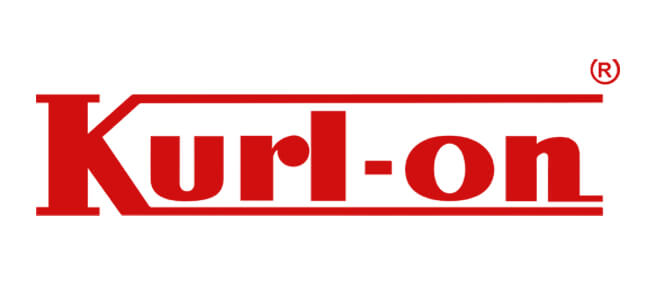






%20Limited%20logo.png)

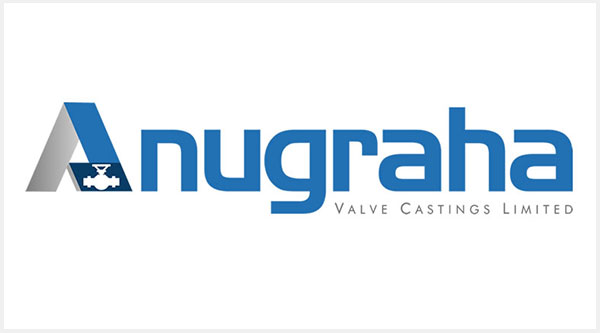






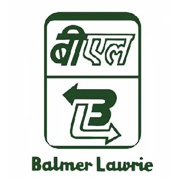











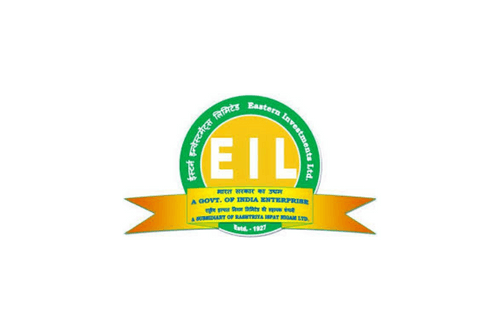



















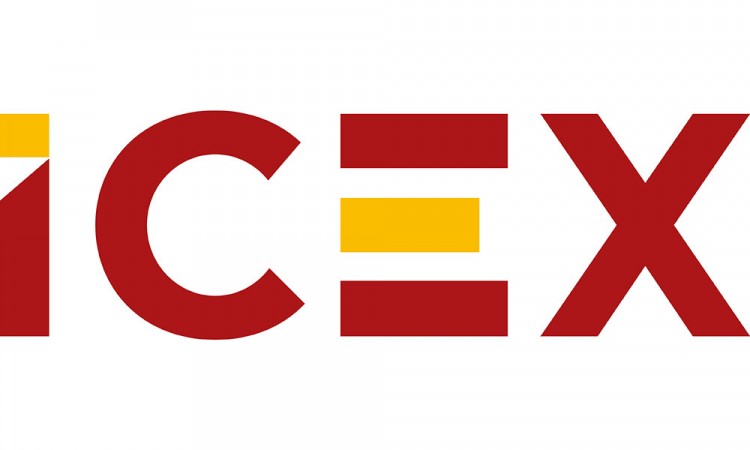

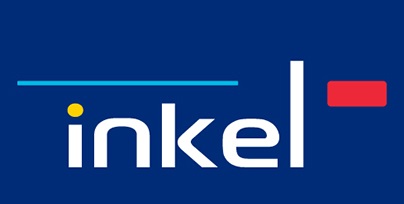



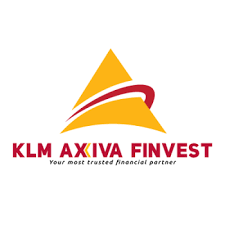























 logo.png)




 logo.png)







